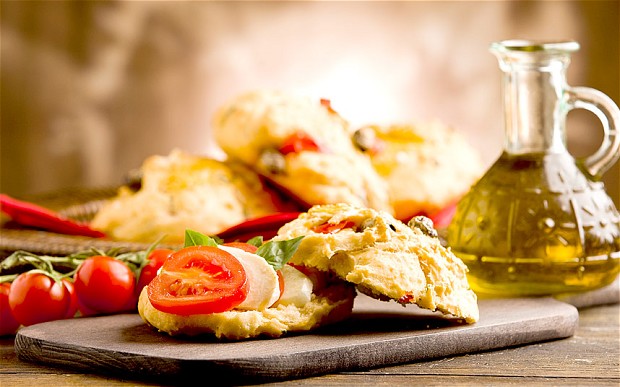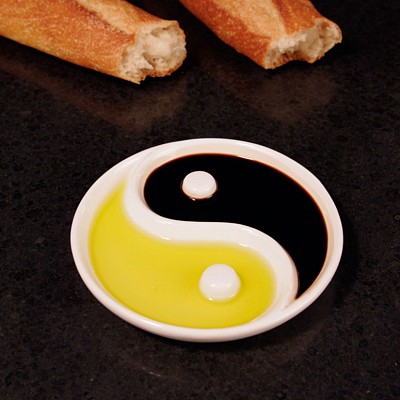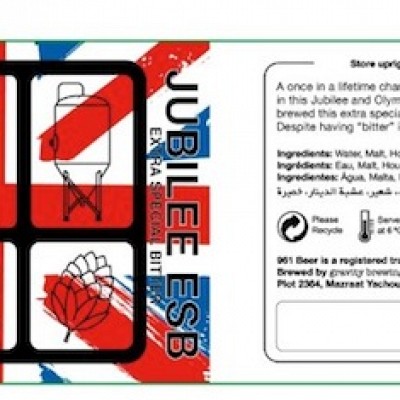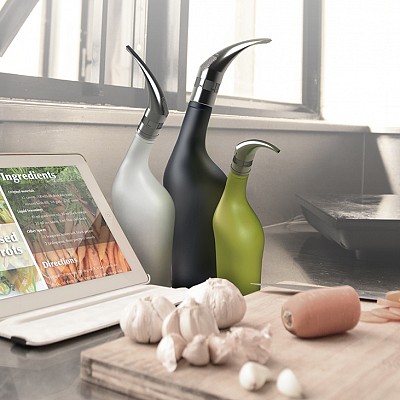Interesting article I read today in the The Telegraph:
The European Union is to ban olive oil jugs and dipping bowls from restaurant tables in a move described by one of Britain's top cooks as authoritarian and damaging to artisanal food makers.
In Lebanon, we use olive oil in abundance, its on most dinning tables at home and of course in Lebanese restaurants as well as others... Do you think this ban will reach our territory?
Let's read more:
The small glass jugs filled with green or gold coloured extra virgin olive oil are familiar and traditional for restaurant goers across Europe but they will be banned from 1 January 2014 after a decision taken in an obscure Brussels committee earlier this week.
From next year olive oil "presented at a restaurant table" must be in pre-packaged, factory bottles with a tamper-proof dispensing nozzle and labelling in line with EU industrial standards. The use of classic, refillable glass jugs or glazed terracotta dipping bowls and the choice of a restaurateur to buy olive oil from a small artisan producer or family business will be outlawed. Sam Clark, the food writer, chef and proprietor of the award winning Moro restaurant in London, told The Daily Telegraph that the ban would stop him serving his customers specially selected Spanish olive oil in dipping bowls with bread when they are seated at their table. "This will affect us. It is about choice and freedom of choice. We buy our oil, which we have selected from a farm in Spain, to serve our customers," he said. "Yet more packaging is not going to be eco-friendly and will limit choice to more mass produced products." Mr Clark attacked the regulation as one that would kill off artisan producers and accelerate the demise in Europe of traditional ways of making and serving food, in favour of large industrial producers. "It is very upsetting. Haven't they already done enough damage to artisan products?," he said. The European Commissions justification for the ban, under special Common Agriculture Policy regulations, is "hygiene" and to protect the "image of olive oil" with a measure that will benefit struggling industrial producers in Spain, Italy, Greece and Portugal. From the beginning of next year, Britain, which abstained during a vote of national food experts on the issues on Tuesday, must enforce the ban via local authority food inspections of restaurants. Officials defended the ban as a protection for consumers who would know that they were getting a safe, guaranteed product with proper labelling of its origin and with tamper-proof, hygienic dispensers. "This is to guarantee the quality and authenticity of the olive oil put at the disposal of consumers. The aim is to better inform and protect consumer. We also expect hygiene to be improved too," said an official. The idea that restaurant customers, who want to eat olive oil with their bread or to dress their food, could not distinguish between a fake product and the real thing was dismissed as patronising by Mr Clark. "Customers aren't stupid - they would be the first to know if someone was being dishonest," he said. The decision, which will be automatically adopted by the commission in next few days, has dismayed many officials who are concerned that a ban crafted to help industry will damage the reputation of the EU at a time of growing hostility to Brussels bureaucrats. "This is sort of thing that gets the EU a deservedly bad name. I shouldn't say so but I hope people disobey this ban," said an official. "It will seem bonkers that olive oil jugs must go while vinegar bottles or refillable wine jugs can stay." Responding to the ban, Martin Callanan MEP, the leader of the European Conservative and Reformist group, asked: "Is it April 1st?". "With the euro crisis, a collapse in confidence in the EU, and a faltering economy surely the commission has more important things to worry about than banning refillable olive oil bottles? They should be seeking to reduce unnecessary packaging," he said. A Defra spokesperson said: “While we welcome some of the new rules on improved labelling, we did not support this ban as it will likely lead to unnecessary waste and place added burdens on businesses. “We will continue to work with the catering industry to help them adapt to these changes.”







































